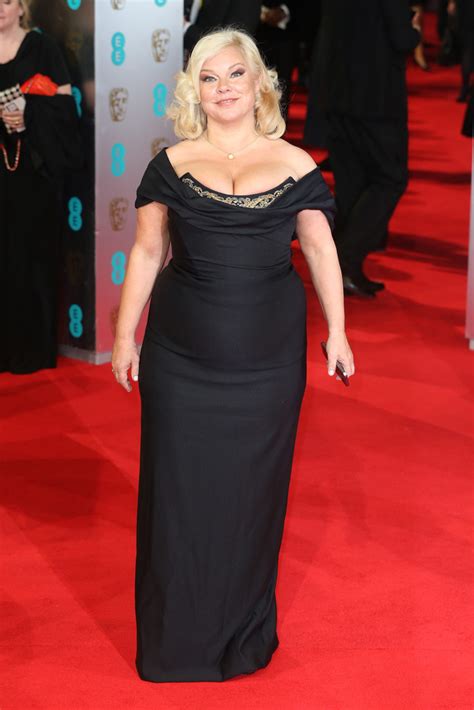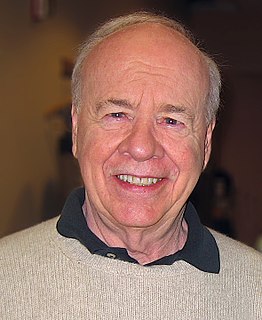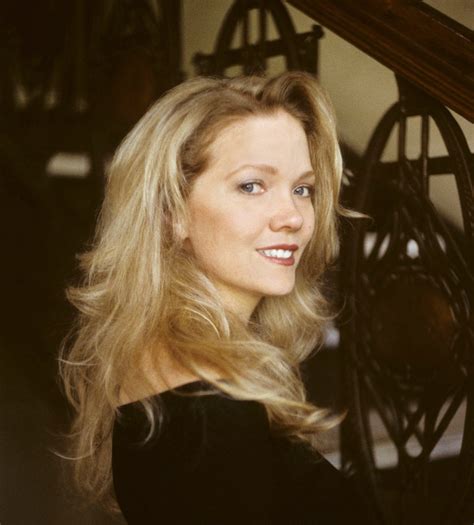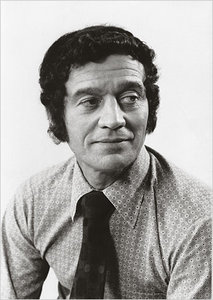A Quote by Alison Owen
When you want to transcribe an idea truthfully from the page to the screen, it is not necessarily best to be particularly literal about it. It can be hard to convince people, specifically writers, of that.
Quote Topics
Related Quotes
Most writers have no idea how to make a film. It's a totally different skill set. Nor is it just to translate exactly what's on the page directly on to the screen - because that would be terrible. It would be five hours long, and the structure would be a mess. But the writers know the characters and the story.
People ask me about 'The Hurt Locker' a lot, and it's an incredible piece of filmmaking - as are 'Band of Brothers' and 'Platoon' and 'Full Metal Jacket' and 'Apocalypse Now.' But they're not necessarily true to war in a literal sense. What they are, really, are brilliant movies about Hollywood's idea of war.
I'm not particularly good at page layouts. I make an effort to stay out of the way of the artist. What I'll try to express instead is, 'What we're going for here on this page is the idea of the containment of these women's bodies. So I want them framed as though they're bursting out of the panel borders.'
I really liked the idea of creating a journal myself. It's like the way I clear my throat. I write a page every day, maybe 500 words. It could be about something I'm specifically worried about in the new novel; it could be a question I want answered; it could be something that's going on in my personal life. I just use it as an exercise.
I have good idea, for if you meet some person from different religion and he want to make argument about God. My idea is, you listen to everything this man say about God. Never argue about God with him. Best thing to say is, 'I agree with you.' Then you go home, pray what you want. This is my idea for people to have peace about religion.



































